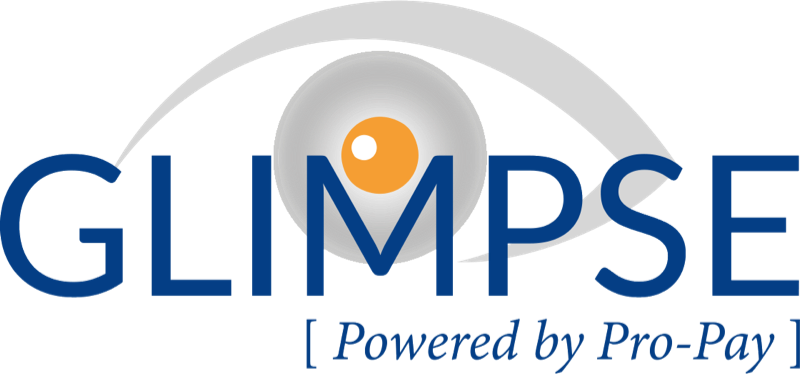Increased taxation for employers on fuel cards starting 1.1.2017
If an employee is allowed to use a company car for private purposes, it generates a taxable benefit in kind (BIK) for the employee. The BIK is determined by a formula which takes into account among others the catalogue value of the car and the CO2-emission, less a possible personal contribution of the employee who benefits from the advantage.
In a lot of cases, the employee is not only granted the benefit of the car itself, but also the fuel costs which are borne by the employer by means of a fuel card or a financial contribution to the fuel cost.
Until today, the fuel card or the contribution to the fuel cost was not taken into account to determine the BIK of the company car and was thus not taxed on a separate basis as an additional advantage. The employer needed however to consider part of the BIK, more precisely 17%, to be a disallowed expense (a non-deductible professional cost) for corporate tax purposes.
The advantage of the fuel card remains a non-taxable benefit for the employee. The disallowed expense on the BIK for an employer who contributes to the fuel costs of a company car will increase however to 40%. The percentage of 17% remains applicable for these cases where there is private use of a company car but without contribution of the employer to the fuel costs.
The below figures illustrate the impact of the new measure:
| Car type | BIK / year | Disallowed expense 17% | Corporate tax charge [1] | Disallowed expense 40% | Corporate tax charge [2] | Corporate tax difference/year |
| Audi A4 [3] | € 2,160.00 | € 367.20 | € 124.81 | € 864.00 | € 293.67 | € 168.86 |
| Volkswagen Golf [4] | € 1,493.00 | € 253.81 | € 86.27 | € 597.20 | € 202.99 | € 116.72 |
[1] [2] Assuming a standard corporate tax rate of 33.99%
[3] Assumption: catalogue value: €35,000; co2 emission 104; age car < 1 year; diesel
[4] Assumption: catalogue value: €26,000; co2 emission 99; age car < 1 year; diesel
Another novelty is the fact that the employer will have 17% (for a car without a fuel card) or 40% (car with fuel card or contribution) of disallowed expenses on corporate tax level on the initial BIK, even if this benefit is decreased or even completely neutralized by a personal contribution of the employee. It will be the theoretical advantage in other words, which will determine the disallowed expense.
Companies established abroad who are not subject to corporate taxation in Belgium need to check in their competent country which rules apply to the deduction of fuel costs.














